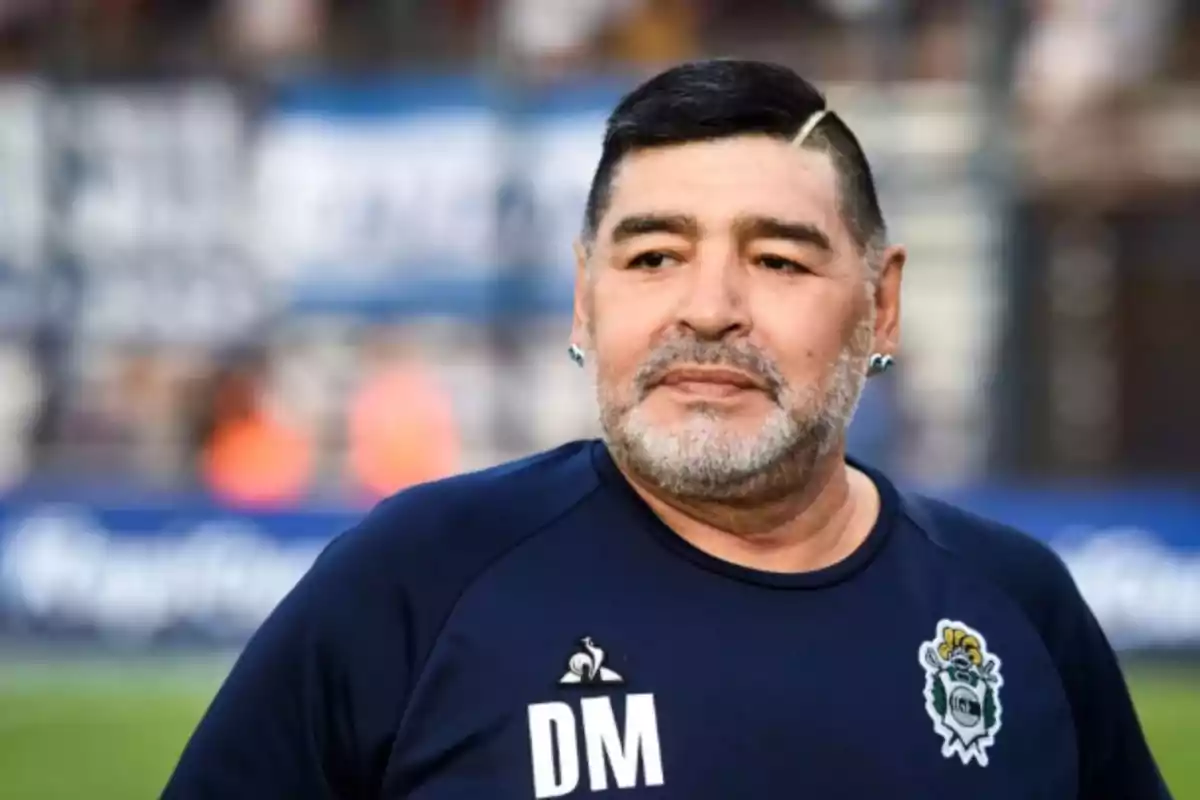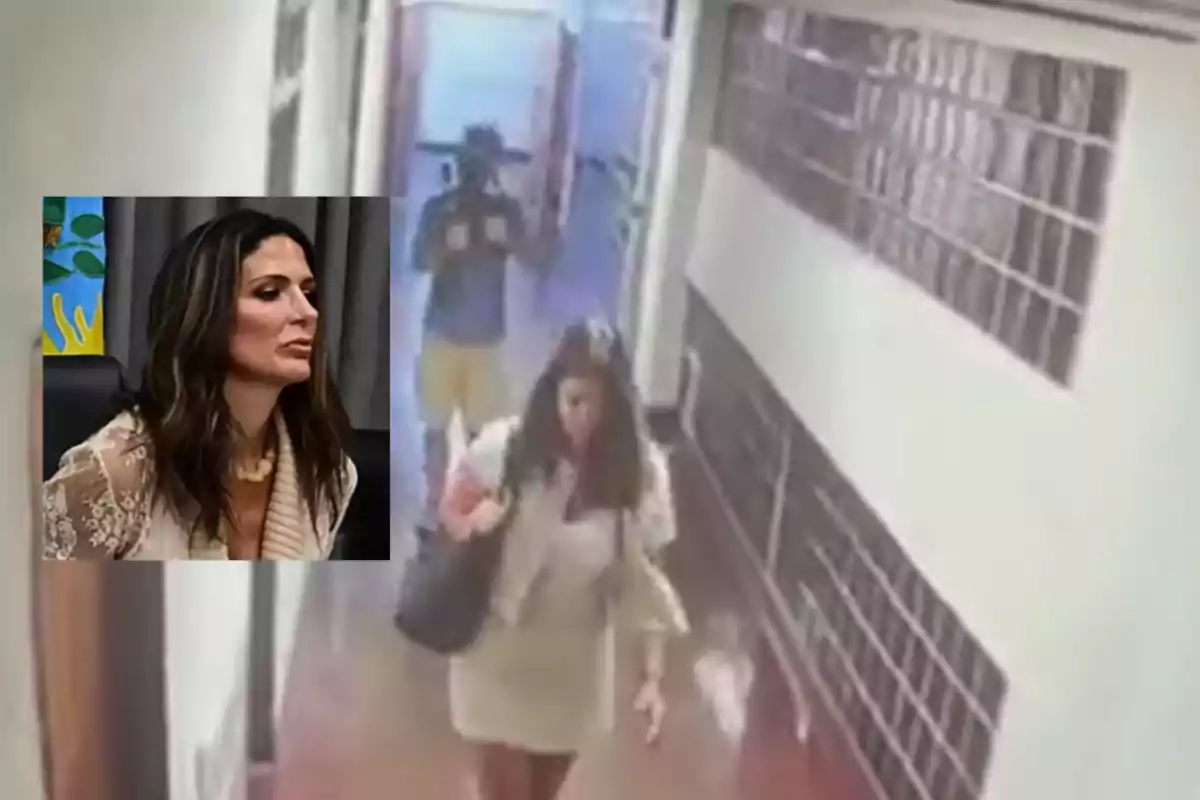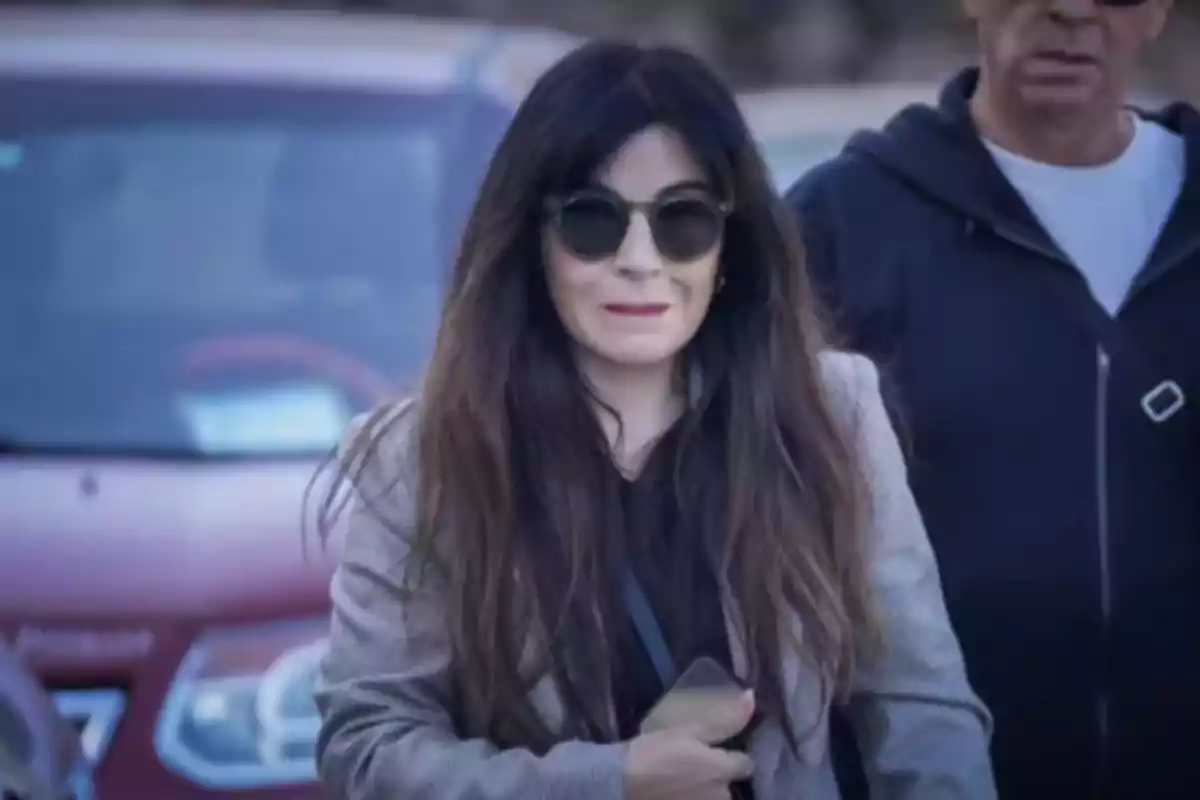
New court for the trial over Maradona's death: who are its members
The new judicial body was formed after the first trial was annulled. The defense plans to halt the process
The trial over the death of Diego Armando Maradona has taken another key step:this Thursday, the new court was determined that will conduct the oral proceedings, following the annulment of the original trial due to the scandal surrounding Judge Julieta Makintach.
Through a manual lottery drawing, the Oral Criminal Court (TOC) No. 7 of San Isidro was selected to take charge of the case.
This court is composed of Judges Alberto Gaig and Alejandro Lago. To complete the panel, Judge Alberto Ortolani, from TOC No. 1, was appointed as substitute.
A confidential drawing with no press access
The hearing in which the new court was chosen took place in a small room at the San Isidro courthouse, with no access for the press or the public.
Although it was scheduled for noon, the session began after 12:20 p.m. Prosecutors, plaintiff attorneys, and defense attorneys participated. Judge Gaig, who was selected for the court, was also present.
Giannina Maradona was the only family member of the Ten who attended the location, although she waited outside. The court explained that access was limited due to space constraints.
TOC No. 7 was already listed among the six possible courts, of which three were incomplete. The previous trial, which had been declared null, was conducted by TOC No. 3, also incomplete and substituted by Julieta Makintach, the central judge in the scandal due to her appearance in a banned documentary.

This time, Judge María Coelho —also part of TOC No. 7— was not considered for the case. She had already been assigned to the jury trial against Gisela Madrid, the accused nurse who chose that procedure. Her prior knowledge of the case and the evidence made her incompatible to join this new court.
Next steps in the case
After the formation of the new court, the parties now have a period of 15 days to submit motions. During that period, the judges could recuse themselves if they deem it necessary, although sources close to the process stated that they do not expect recusals.
Defense attorneys may also use this time to begin developing legal strategies.

Once that period is over, the judges would be in a position to set the date for the Article 338 hearing, an instance in which it will be determined which evidence will be presented, which witnesses will testify, and what the main points of the trial will be.
If consensus is reached among the parties at that hearing, the date for the formal resumption of the trial may be set.
The defense will seek to halt the trial
Several attorneys for the defendants —including those of Leopoldo Luque and Agustina Cosachov— have already indicated that they will attempt to halt the new trial.
Their strategy will be based on invoking the constitutional principle of "ne bis in idem," which prevents a person from being tried twice for the same act.
However, criminal law specialists pointed out that this remedy can only be applied if there has already been a prior verdict, which did not occur in this case, since the trial was annulled during the evidentiary stage.
Despite this, the defense will maintain its argument based on Article 1 of the Buenos Aires Criminal Procedure Code, which states that no one may be prosecuted more than once for the same act.
Based on that interpretation, the attorneys will insist that their clients have already been prosecuted once by the justice system in relation to Maradona's death, and therefore should not be tried again.
The judicial scenario that is unfolding will be decisive for the future of the seven defendants. The case, far from fading away, is entering a new stage with tension and key decisions ahead.
More posts: